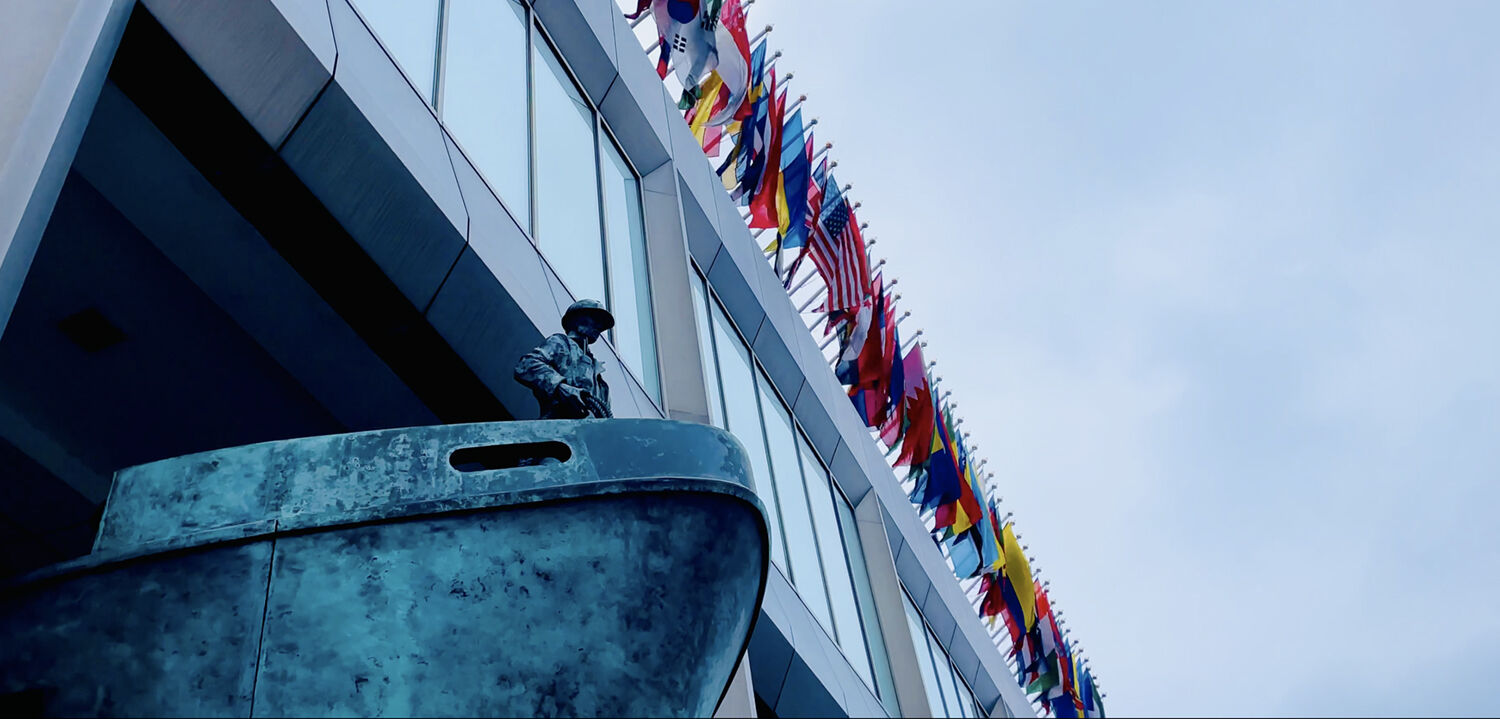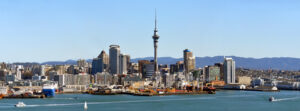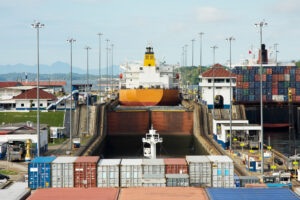A group of top shipping associations said on Wednesday they fully support the IMO’s Net-Zero Framework (NZF).
Seven leading shipping associations have called for the IMO to adopt the Net-Zero Framework (NZF) at the critical extraordinary session of the IMO marine environment protection committee next week (14-17 October). Anything else would be a major setback for the green transition, they say, and risk leaving the industry with a complicated patchwork of regional climate regulations.
Next week the 176 members of the International Maritime Organization (IMO) will convene in London to formally adopt the agreement on binding climate regulation of the shipping industry agreed upon in April.
In a joint statement, seven associations – Japanese Shipowners’ Association, Royal Belgian Shipowners’ Association, Royal Association of Netherlands Shipowners, Singapore Shipping Association, UK Chamber of Shipping, Norwegian Shipowners’ Association, and Danish Shipping – warned that failure to adopt the NZF would leave the industry facing a complicated and inefficient patchwork of national and regional regulatory frameworks.
“The industry supports the Net-Zero Framework. Binding global regulation is essential for achieving the goal of climate neutral shipping in 2050. We need global regulation and a level playing field. The alternative to the Net-Zero Framework is not zero regulation, as some of the opponents of the agreement may wish for, but rather a complicated patchwork of regional and national regulations, which is entirely the wrong answer for a global industry,” said Anne H. Steffensen, CEO of Danish Shipping.
Crucially, the group of 7 argued that the IMO’s framework will strengthen the business case for cutting emissions and investing in sustainable energy, fuels, and technology.
“The Net-Zero Framework entails concrete mandates for the reduction of emissions from ships as well as a pricing mechanism that puts a cost on undercompliance and rewards the use of alternative, greener fuels under a global fuel standard,” the associations declared in the joint statement released this week.
The group added that the “alternative” would derail ongoing efforts towards the energy transition and jeopardise world trade through distorted market conditions and unfair competition.
The authors of the joint statement also call upon the EU to send a clear message of alignment with the IMO NZF when adopted to avoid double payment for shipping emissions and to reduce the regulatory burden.
The International Chamber of Shipping (ICS) and European Shipowners (ES | ECSA) have also issued, among other leading associations and organizations, declarations of support for the Net-Zero Framework.
“Adoption of the Net-Zero Framework will strengthen the business case for cutting emissions and investing in sustainable energy, fuels, and technology. It will also send the strongest possible signal to investors and producers to scale up the production of the alternative fuels that the shipping industry will require to move towards zero emissions,” said Anne H. Steffensen.
The Global Maritime Forum has issued an analysis and explanation of the IMO’s reward mechanism.
As stated, the IMO will raise around $11-12 billion annually through penalties from non-compliance with the framework by 2030, funds that can both reward e-fuel adoption and enable a just and equitable transition that leaves no country behind.
The Joint Statement from ASA, ECSA, IAPH, IBIA, ITF, ICS, WSC in Full:
“Leading international maritime associations and organisations reiterate our strong support for adoption by the world’s governments at the UN International Maritime Organization (IMO) of the “Net-Zero Framework” at the critical Extraordinary Session of the IMO Marine Environment Protection Committee next week (14-17 October).
“The global industry remains fully committed to working collaboratively with IMO Member States to implement successfully this carefully balanced regulatory package for achieving net zero GHG emissions by or close to 2050, with necessary incentives to de-risk investment in new green marine fuels to accelerate the total decarbonisation of international shipping and to implement a just transition for the maritime workforce.
“Only global rules will decarbonise a global industry. Without the Framework, shipping would risk a growing patchwork of unilateral regulations, increasing costs without effectively contributing to decarbonisation.
“With the support of the industry, this is a unique and historic opportunity for governments to put in place a comprehensive global framework, which will be strictly enforced worldwide, to incentivise the shipping industry’s transition to net zero emissions whilst ensuring a level playing field.
“The maritime transport sector, which moves 90% of global trade, is ready to play its important part in delivering a sustainable future.”




